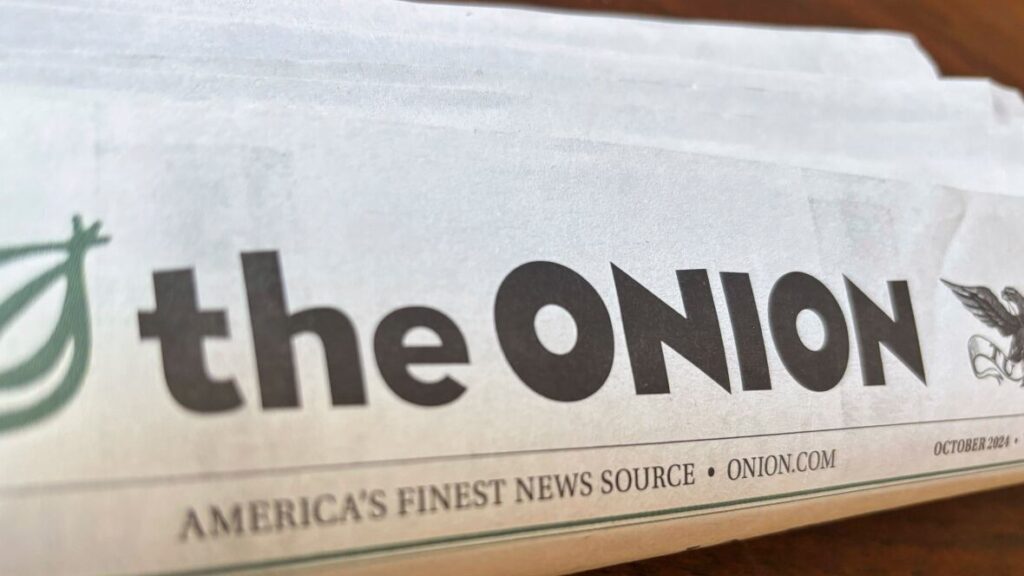
Introduction
The Onion, founded in 1988, has become a groundbreaking source of satirical news and commentary, significantly influencing the landscape of media and entertainment. In a world where misinformation is rampant, satirical journalism offers a unique lens through which to view contemporary issues. It serves not only to entertain but also to provoke thought and encourage critical thinking about societal norms and political realities.
Evolution of The Onion
Initially starting as a small, regional print publication in Madison, Wisconsin, The Onion has evolved into a multimillion-dollar online presence, known for its clever and sometimes outrageous headlines. Its brand of humor has attracted millions of readers, making it one of the most recognized names in satirical media. Over the years, The Onion has successfully transitioned from print to digital, adapting to the changing ways people consume news. Today, its website garners over 10 million monthly visitors, while its social media platforms amass a significant following.
Impact on Political Commentary
As political climates become increasingly polarized, The Onion has emerged as a powerful tool for social commentary. Its headlines often highlight the absurdities in politics and popular culture, functioning as a mirror that reflects the follies of both authority figures and societal trends. For instance, satirical pieces reacting to significant news events like elections or major scandals engage readers in conversations about their implications, encouraging audiences to think critically about real-world situations.
Challenges and Controversies
Despite its success, The Onion has faced challenges, particularly concerning the fine line between satire and misinformation. As the platform grows, maintaining credibility while delivering humor becomes essential. In 2021, The Onion received criticism for some content perceived as misleading, highlighting the delicate balance between satire and responsible journalism. In response, the publication has worked to clarify its mission, reaffirming its commitment to satire grounded in truth, even while pushing boundaries comedic expression.
Conclusion
The Onion remains a vital part of contemporary media, merging entertainment with pointed social analysis. Its ability to adapt to changing media consumption habits while engaging in critical conversations about society illustrates its lasting impact. As audiences increasingly seek truth and humor amid confusing times, The Onion will continue to be an essential source of satirical commentary, reminding us of the importance of laughter and perspective in journalism. Moving forward, The Onion may also serve as a case study on the role of satire in democratic discourse, as it navigates an ever-evolving landscape of information sharing.



